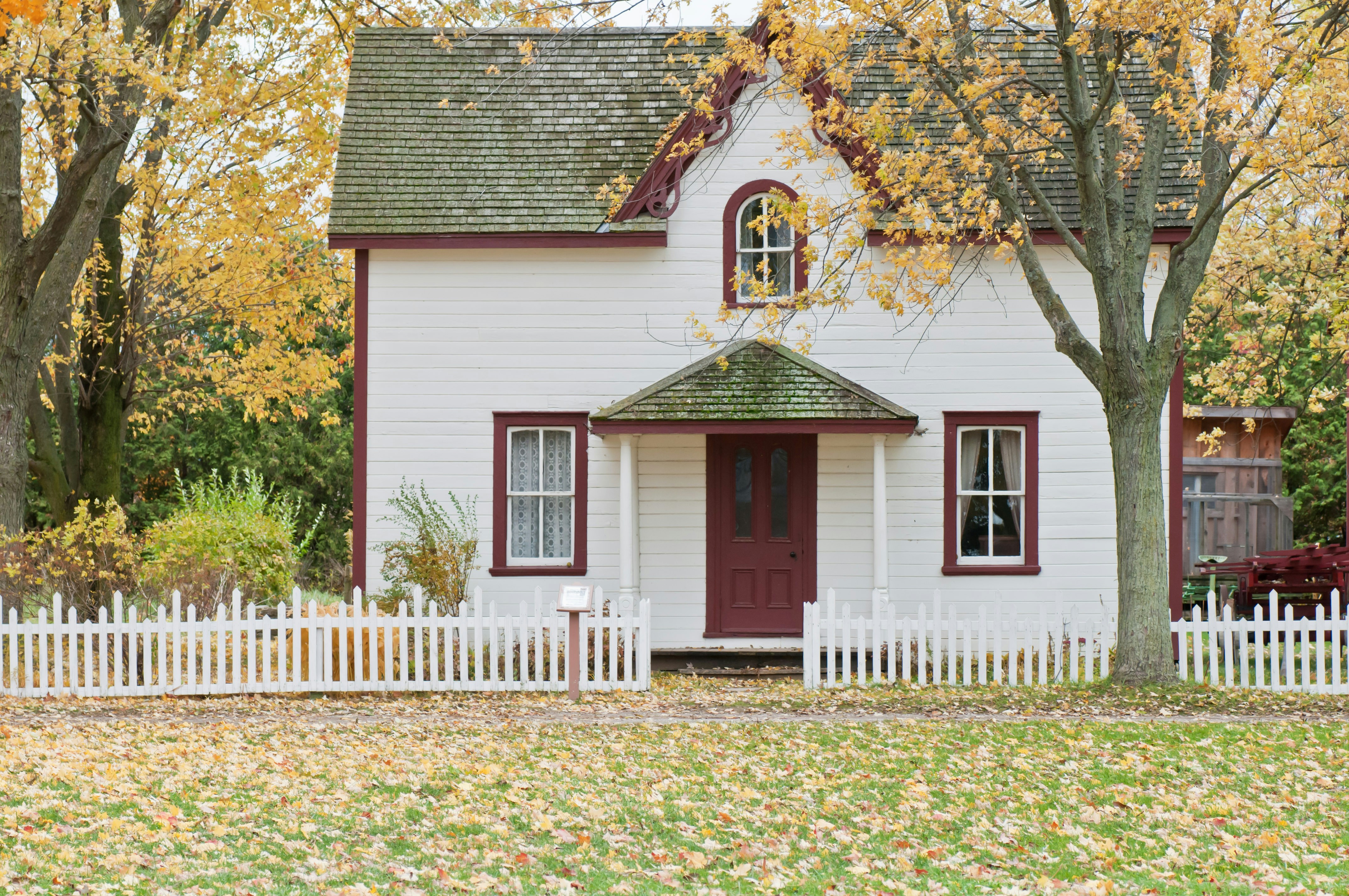As home values in Connecticut continue to rise on average, homeowners’ property tax bills are likely to also rise. Property taxes make up a significant portion of the total cost of owning a home. This is especially true in Connecticut, which has some of the highest property taxes among all states.
Each homeowner’s property tax bill is calculated using two things — the assessed value of the property and the mill (tax) rate in your town.
While the tax rate is fixed, homeowners who feel their property was over-assessed can appeal the assessment to lower their taxes.
Let’s walk through an overview of how Connecticut homeowners can appeal their property taxes. Note: For more information about how property taxes are calculated and how they affect home buying, read last month’s blog.
When are homes assessed in Connecticut?
In Connecticut, homes are assessed annually based on their value as of October 1st each year. This assessment is carried out by the local assessor's office and aims to reflect 70% of the property's fair market value on that date.
Additionally, Connecticut law mandates that municipalities conduct a revaluation of all properties every five years. These evaluations involve a more detailed and comprehensive assessment process, which may include physical inspections and market analyses to ensure that property values are current and accurate.
The tax bill that each homeowner will pay is usually determined after the town sets the mill rate for the upcoming fiscal year (which begins July 1) in the spring — usually around April or May. The mill rate, along with the assessed value of your home as of Oct. 1 the prior year, will determine your tax bill.
Connecticut towns collect property taxes in different installments, with towns usually collecting biannually, quarterly, or in some cases in one lump sum.
How can I appeal my home’s assessment in Connecticut?
If your home assessment seems too high, you have the right to appeal. Property owners wishing to file an appeal must start by both appealing their assessment to and meeting with the local Board of Assessment Appeals (“BAA”).
Applications for an appeal to the BAA can be obtained through the local tax assessor’s office. Filings usually must be submitted by Feb. 20, though you should confirm the actual filing deadline with the tax assessor’s office. Make sure to include any supporting documentation with your appeal form. This can include property records, photographs, and data on comparable properties.
Once your appeal is received, you will receive a notice of the hearing date and attend the hearing. You should prepare a clear and concise presentation of your case. Organize your evidence logically and be ready to explain why you believe your property is overvalued.
It may be best to hire a trusted property tax appeal attorney to review, prepare, and present your case, though hiring an attorney is not required.
Upon hearing your case, the BAA will review your case and issue a decision in writing. If your appeal is successful, your property’s assessed value will be adjusted accordingly.
If you are not satisfied with the BAA’s decision, you have the option to appeal to the Connecticut Superior Court. This must be done within two months of the date the BAA’s decision is mailed.
Conclusion
Property tax is one of the biggest expenses many households have to budget for annually. As homes across Connecticut continue to appreciate, homeowners should know they have a right to appeal their assessment. It can be a worthwhile process if you believe your property has been overvalued.
By understanding the steps involved and preparing thoroughly, you can ensure that your property tax bill is fair and reflects the true value of your property.

%201.jpg)


